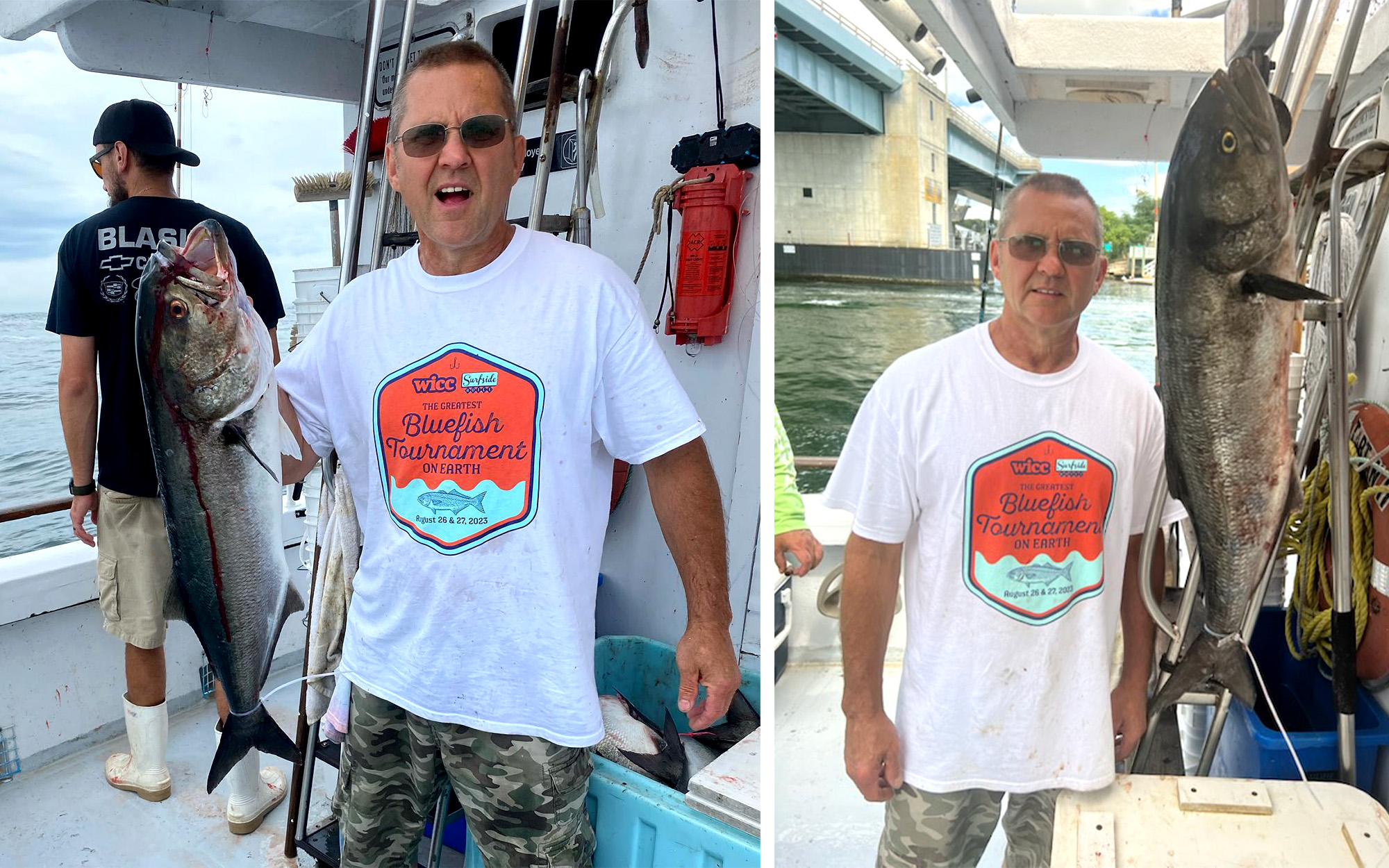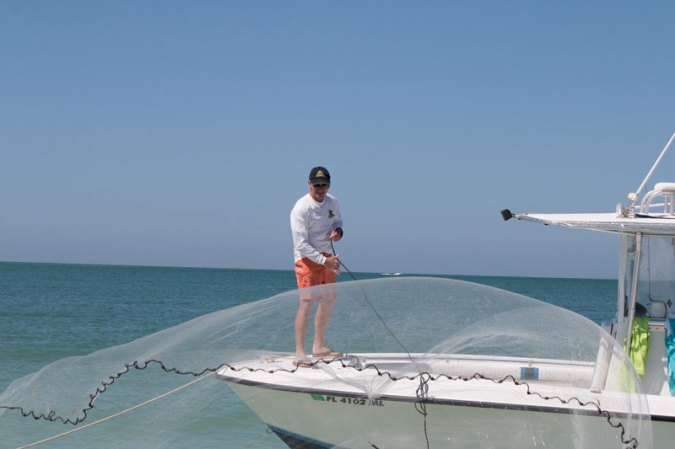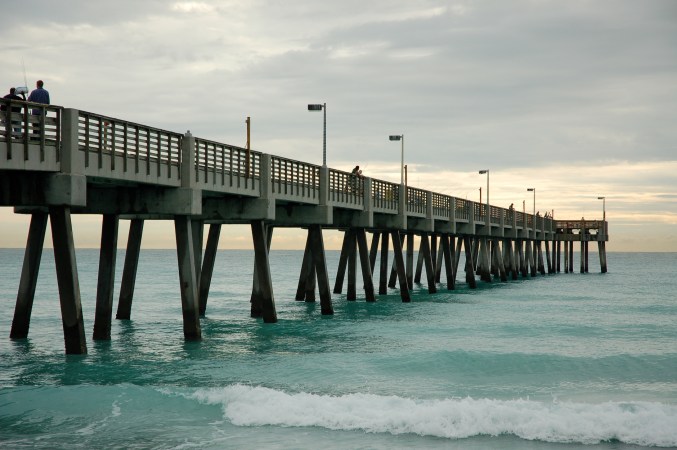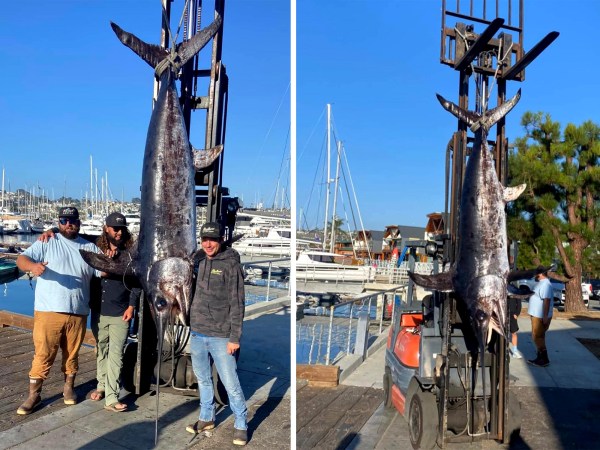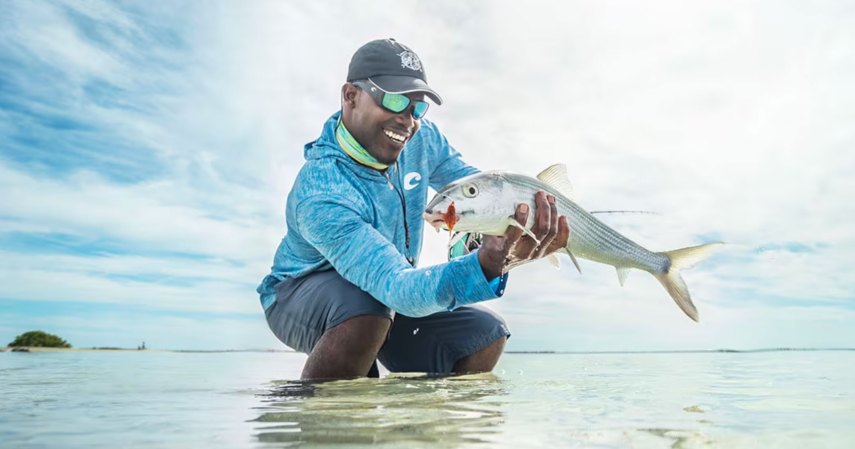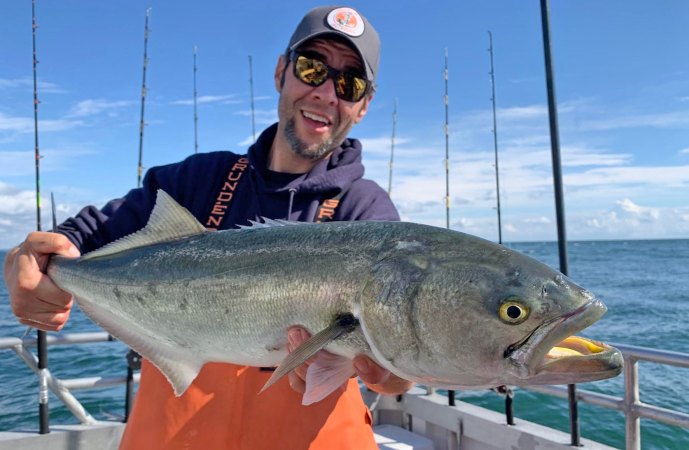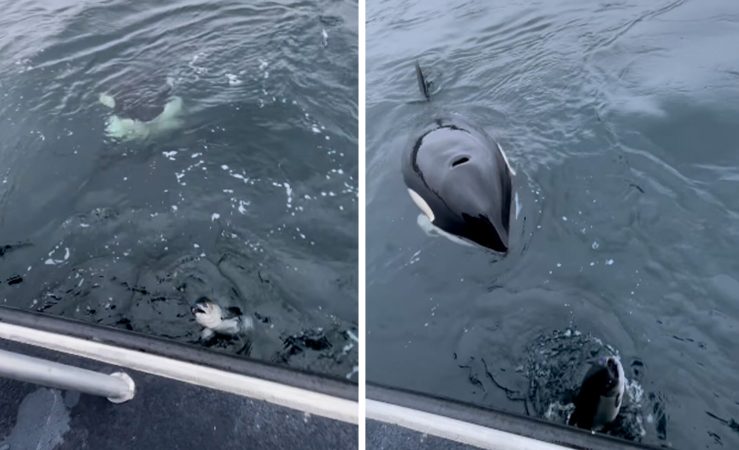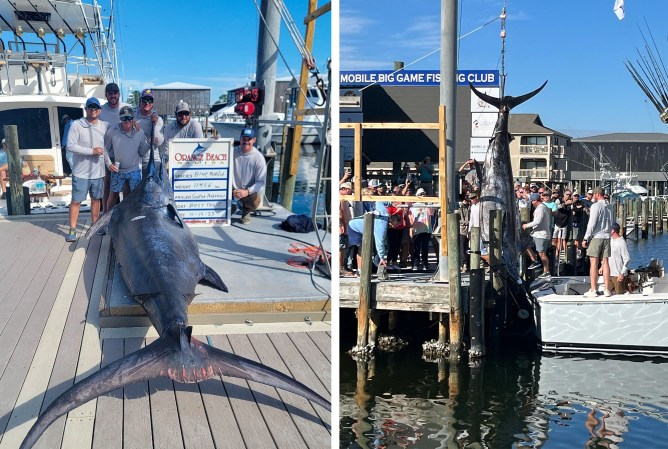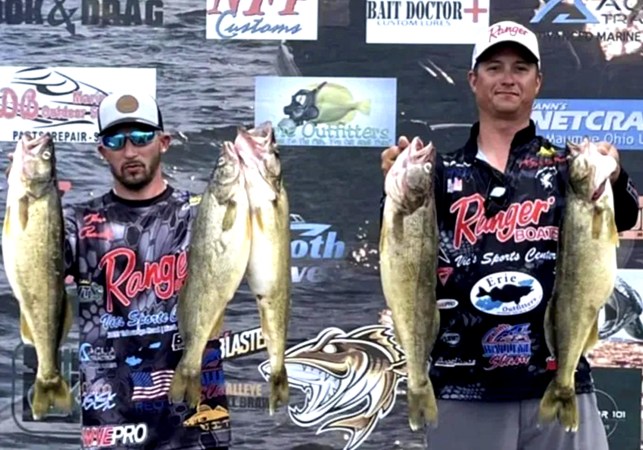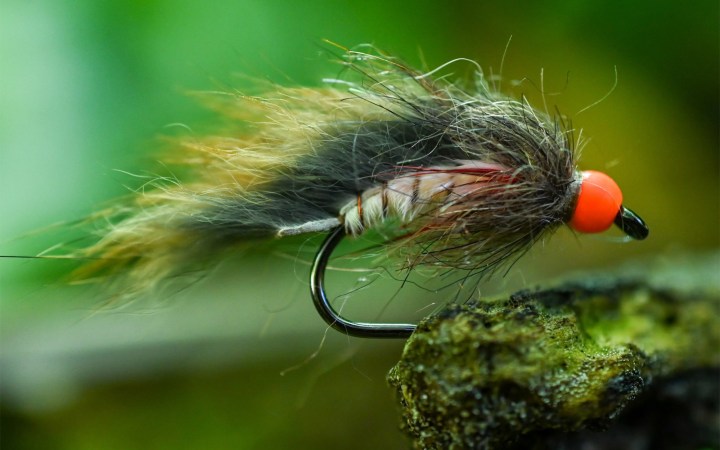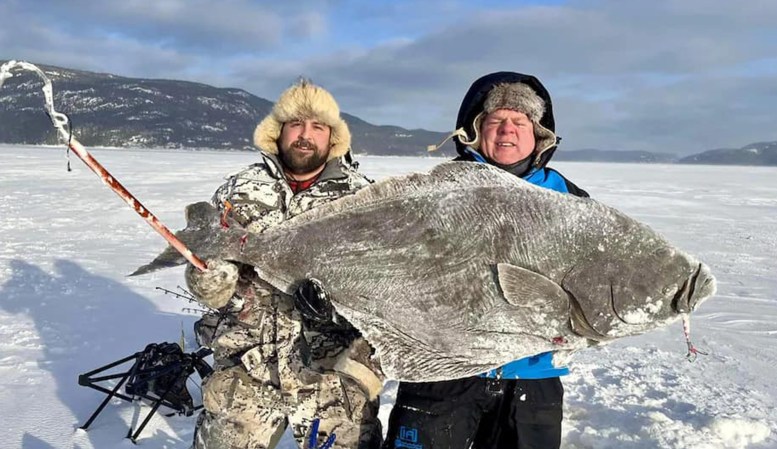The effectiveness of using polygraph tests in fishing tournament scenarios has long been debated among professional anglers and fishing leagues. This debate has sprung up anew on the East Coast, where two amateur anglers claim they were wrongly disqualified from the Greatest Bluefish Tournament on Earth in August after they each failed one of these tests.
Benny Sheen and Tim Vallee, who were competitors and not fishing together, told reporters last week that they caught their fish fair and square. Both men say they still don’t understand how they failed the local tournament’s lie-detector tests, which are mandatory for any angler who finishes in the top three spots. Sheen stood to take first place and a cash prize of $25,000, while Vallee would have taken second place and won $7,500. The third- and fourth-place finishers ended up placing first and second as a result.
“It was almost two weeks later when I got a letter that says I was disqualified,” Vallee told NBC CT. “What do my children think? They think I was lying? What does my family think? You know? I think it casts doubt on my integrity.”
A spokesperson for the tournament told NBC CT that participants are given every opportunity to retake a polygraph as long as they make themselves available before the final deadline. But Vallee shared emails with the news outlet in which he asked for a retest multiple times but was told he couldn’t contest the results.
“It’s a little fishy, to be honest … how they didn’t offer him a second one,” said Sheen, who was offered a second polygraph test but couldn’t coordinate a retest date in time. “Who wants to be called a liar when you know you were doing the right thing?”
Fishing aboard his friend’s boat, Sheen caught a giant bluefish during the tournament that weighed more than 20 pounds. He claims that he was fishing within sight of several other competing boats, and that he never did anything out of the ordinary or broke any tournament rules. His friend who was captaining the boat confirmed that the catch was legitimate and said he had the photographs to prove it.
Vallee, meanwhile, caught his 15.18-pound bluefish while fishing with some buddies from the Waterbury Deep Sea Fishing Club aboard the Tartan II, a charter boat based in Connecticut. Vallee and his fishing buddies say at least seven people witnessed him land the fish on his own.
“We have everybody in the boat [who] witnessed the catch,” said Mike Stepski, captain of the Tartan II. “For some reason, he failed the lie-detector test, and I don’t even understand how that’s possible.”
Kristin Okesson, who manages the radio group that runs the tournament, told NBC CT that polygraphing potential winners was a “well-established tradition.” The local tournament has been held for 41 years running, and Okesson said that before 2023, only one competing angler had ever failed a polygraph test.
Meanwhile, research has shown that these tests are notoriously unreliable. The American Psychological Association says there is little evidence that polygraph tests can accurately detect lies since they rely on physiological indicators like the tester’s blood pressure and heart rate, and “there is no evidence that any pattern of physiological reaction is unique to deception.” This can lead to both false positives and false negatives.
“An honest person may be nervous when answering truthfully and a dishonest person may be non-anxious,” the APA wrote in a 2004 paper claiming the technology was inherently problematic. “One reason that polygraph tests may appear to be accurate is that subjects who believe that the test works and that they can be detected may confess or will be very anxious when questioned. If this view is correct, the lie detector test might be better called a fear detector.”
Read Next: Investigation Reveals Kansas Record Crappie Was Stuffed with Ball Bearings
This explains why some tournament organizers oppose the use of polygraph tests. Although they’re commonplace in most professional bass fishing circuits, one local tournament organizer in New York who caught an angler cheating last summer told Outdoor Life he doesn’t believe in lie-detector tests because he thinks they do more harm than good in tournament settings.
Vallee would agree, and he said the Waterbury Deep Sea Fishing Club would not be participating in the Long-Island based tournament going forward.
“Catching the fish seems to be the easy part,” he said. “Passing that polygraph test is the hard part.”

